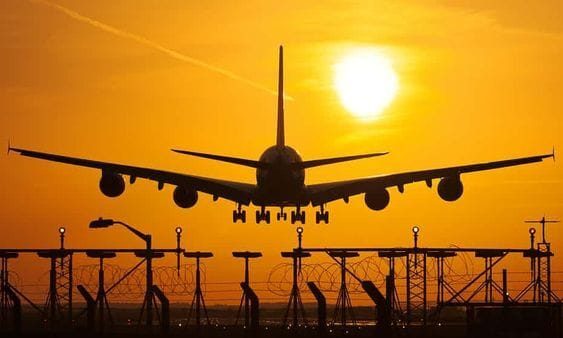To maximise operational efficiency, British Airways maintains its fleet of aircraft in-house. One area that receives particular attention is the fabrication of replacement rigid hydraulic tubes.
The hydraulic control systems used on Boeing 787 Dreamliners and Airbus A380 aircraft operate at 5,000 PSI. This is to allow the use of smaller and lighter hydraulic components. Much of the interconnecting hydraulic pipework is manufactured from specialist aerospace materials such as titanium alloy, using thick tube walls to accommodate the high working pressures. A 25 mm hydraulic tube for an aileron actuator, for example, would typically have a wall thickness of 2.5 mm.
Fabricating replacement high-pressure hydraulic tubes from these materials economically, without generating expensive scrap, and to the uncompromising quality and safety standards demanded by the aerospace industry, requires precision bending and measurement equipment, backed by application-specific knowledge. The loss of revenue resulting from the grounding of modern aircraft can be astronomical, making fast-turnaround Maintenance, Repair and Overhaul (MRO) capabilities essential.

Unison Ltd supplied British Airways’ Heathrow-based aircraft MRO facility with an innovative solution for fabricating precision tubular parts.
This involved the use of two Unison tube bending machines that are widely used across the aerospace industry: an EvBend 1000 manually operated, CNC-controlled 3-axis tube bending machine, and a Unison Breeze 40 mm fully automatic, all-electric CNC tube bender.
Unison’s tailored solution equipped BA with a quick and cost-effective means of repairing fluid lines on aircraft by reverse-engineering OEM parts and then re-creating them in the MRO facility. As a result of choosing the Unison tube bending machines, British Airways can maximise operational efficiency of its in-house fleet maintenance.
Right-first-time results. Unison’s unique laser-controlled springback measurement and correction system ensures bending precision by automatically compensating for the natural tendency of metal tubes to springback slightly after being bent, eliminating unnecessary, expensive scrap
